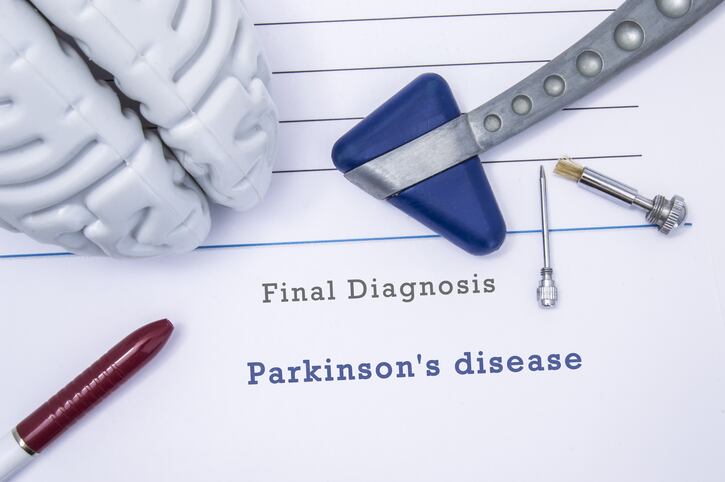A prospective analysis of parkinsonism (umbrella term used to describe the symptoms of tremors, muscle rigidity and slowness of movement) risk on subjects with or without symptoms demonstrated higher vulnerability among those taking iron supplements, with intake also linked to low haemoglobin (Hb) concentrations (associated with PD risk).
The authors explain that previous studies indicate a link between low Hb concentrations, anaemia, and increased PD risk, and are underpinned by the current findings.
Writing in Nutrients, they comment: “Numerous studies have implicated iron dysregulation in PD pathogenesis. The current study suggests previous findings are not in conflict, as there were trends for greater parkinsonism risk among subjects reporting supplemental iron intake and those with low haemoglobin concentrations.”
They therefore postulate that the association between anaemia and parkinsonism risk may be influenced by iron supplementation.
Study cohort
Researchers investigated the association between iron supplement intake, haemoglobin levels and all-cause subsequent parkinsonism risk after corrections for potential confounders (such as sex, age, household income, education length, employment status, deprivation level, body mass index, physical activity level, health status, and blood pressure).
Subjects were aged 40-69 years and attended one of 22 assessment centres for data collection, including vitamin and mineral supplementation.
The study cohort involved 1,329 subjects previously diagnosed with incident all-cause parkinsonism (displaying two or more symptoms) and 911 with all-cause parkinsonism (exhibiting the four main symptoms). Data was obtained from the UK Biobank of middle-aged adults, which also includes socio-economic status, education level, household income, and employment status.
Main prospective analyses concentrated on all-cause subjects and 385,898 without incident parkinsonism. Iron, vitamin C or multivitamin intake, and haemoglobin concentrations were assessed using partial correlation and multiple logistic regression analyses.
Strong associations
Data showed a significant negative correlation between haemoglobin concentrations and iron supplementation but also identified significant incident parkinsonism among subjects with no iron supplementation.
“Furthermore, exclusion of overall health rating as a covariate, which was strongly associated with parkinsonism risk, strengthened the association between low haemoglobin concentration and parkinsonism risk,” they say.
“These alterations may suggest the association between haemoglobin levels and the risk of parkinsonism may be mediated by many factors.”
Meanwhile, sensitivity analyses to examine the effect of comorbidities on iron intake with or without vitamin C or multivitamins and incident parkinsonism, indicated an association between iron supplementation and a significantly higher risk of parkinsonism.
“This relationship is statistically robust, was obtained using a large sample number and was still significant after correction for a variety of confounding factors and removal of patients with cancers and other medically serious conditions,” the authors claim.
Additional findings
A significant, negative association between haemoglobin concentration and PD risk was observed in subjects with a genetic predisposition for the condition, and may partly explain the association between iron intake, low haemoglobin, and high PD risk, they assert.
Moreover, high haemoglobin concentrations were weakly and insignificantly associated with lower parkinsonism risk and there was no apparent association between disease risk and multivitamin or vitamin C intake.
Iron supplements administered for comorbid conditions was not associated with parkinsonism, and the authors could neither confirm nor disprove the hypothesis that vitamin C intake mitigates increased disease risk from iron supplements.
Overall, they maintain that interventional studies are warranted to determine whether iron intake restriction is beneficial for individuals without clinical iron deficiency.
Source: Nutrients
Published online, November 4, 2022: http://doi.org/10.3390/nu14214671
‘A Prospective Study on the Relationship between Iron Supplement Intake, Haemoglobin Concentration, and Risk of Parkinsonism’
Authors: Hikaru Takeuchi and Ryuta Kawashima

